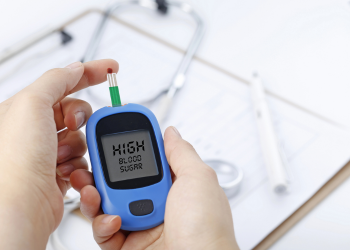Hypertension

It is commonly known as high blood pressure, is a chronic medical condition
in which the force of blood against the walls of the arteries is consistently
too high. Blood pressure is measured with two values: systolic pressure (the
higher value when the heart contracts) and diastolic pressure (the lower value
when the heart is at rest between beats).
A blood pressure reading is considered
normal when it is around 120/80 mmHg. Hypertension is diagnosed when the blood
pressure consistently exceeds 130/80 mmHg.
Hypertension is often referred to as
the "silent killer" because it usually does not cause noticeable
symptoms in the early stages
Healthcare providers measure blood
pressure in millimeters of mercury (mmHg).
The World Health Organization estimates
that globally, over 1.2 billion people ages 30 to 79 have hypertension. About 2
in 3 of those individuals live in low- or middle-income countries.
CAUSES
- Unhealthy eating patterns
- Lack of physical activity.
- High consumption of beverages containing
alcohol
- Tobacco use
- Being over age 55.
- Having certain medical conditions,
including chronic kidney disease, metabolic syndrome, obstructive sleep apnea or thyroid disease.
- Obesity
- Family history of hypertension
- Sedentary lifestyle
- High salt intake
- Stress
SYMPTOMS
- Shortness of breath.
- Headache.
- Chest pain
- Palpitation
- Anxiety.
- Dizziness.
- Nosebleed
- Vomiting.
COMPLICATIONS
- Coronary artery disease
- Stroke.
- Heart attack.
- Peripheral artery disease.
- Kidney disease and kidney failure.
- Complications during pregnancy.
- Eye damage.
- Vascular dementia.
MANAGEMENT
- Keep healthy weight
- Eat a healthy diet.
- Cut down on salt.
- Get enough potassium. Some foods high in potassium include bananas, avocados, and
potatoes.
- Exercise.
Sometimes, providers recommend lifestyle changes along with medications to lower your blood pressure. Regular monitoring of blood pressure and adherence to the treatment plan are essential for effectively managing hypertension and promoting overall cardiovascular health. It is essential for individuals with hypertension to work closely with their healthcare providers to develop a personalized treatment approach based on their specific health needs and risk factors.





